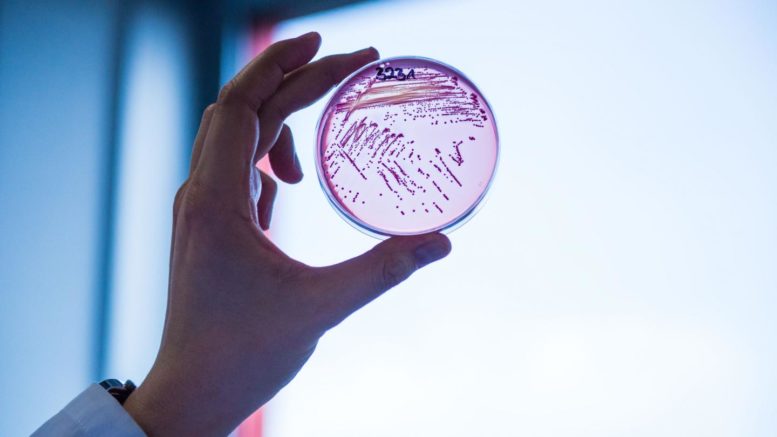Research from the University of Kent's School of Biosciences has revealed that a molecule produced by the human immune system can severely diminish the potency of certain antibiotics.
This may explain why antibiotics effective in laboratory settings can be less effective at clearing infections in humans.
The research findings, which have been published in the journal Archives of Microbiology, reveal that nitric oxide, a molecule produced by our immune systems, can render aminoglycoside antibiotics ineffective when used against E. coli strains isolated from human infections.
E. coli causes life-threatening infections including sepsis, bladder infections, kidney failure, and dysentery. Whilst the human immune system produces nitric oxide to kill invading bacteria, this study reports that nitric oxide can also undermine the function of antibiotics that are used as first-line agents to treat infections caused by drug-resistant E. coli.
It is expected that these findings will greatly influence the choice and dose of antibiotic treatments prescribed by medical professionals.
Corresponding author Dr. Mark Shepherd, senior lecturer in microbial biochemistry at Kent, said, "This work highlights the urgent need for a better understanding of how the human immune system can profoundly affect the activity of antibiotics, which is of great importance for future therapies to treat multidrug-resistant bacterial infections."
Source: University of Kent

382759 39564Excellently written post, doubts all bloggers offered the identical content since you, the internet has to be far greater place. Please stay the most effective! 779459